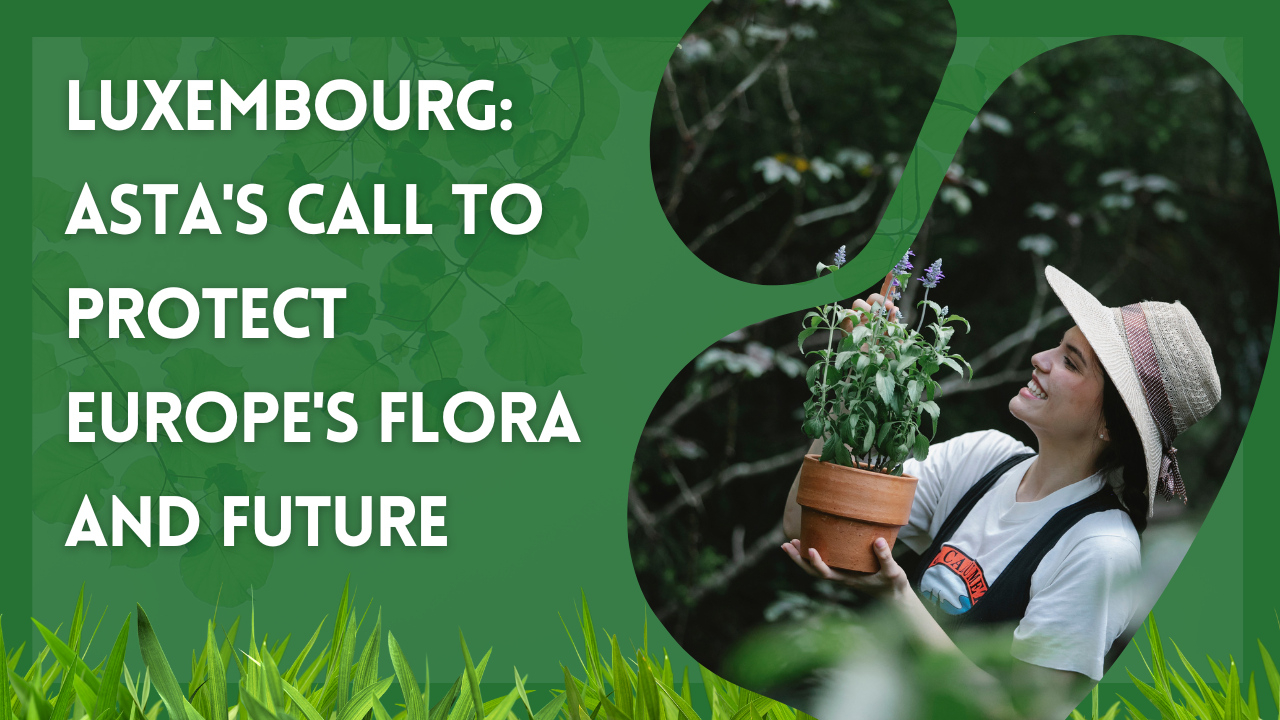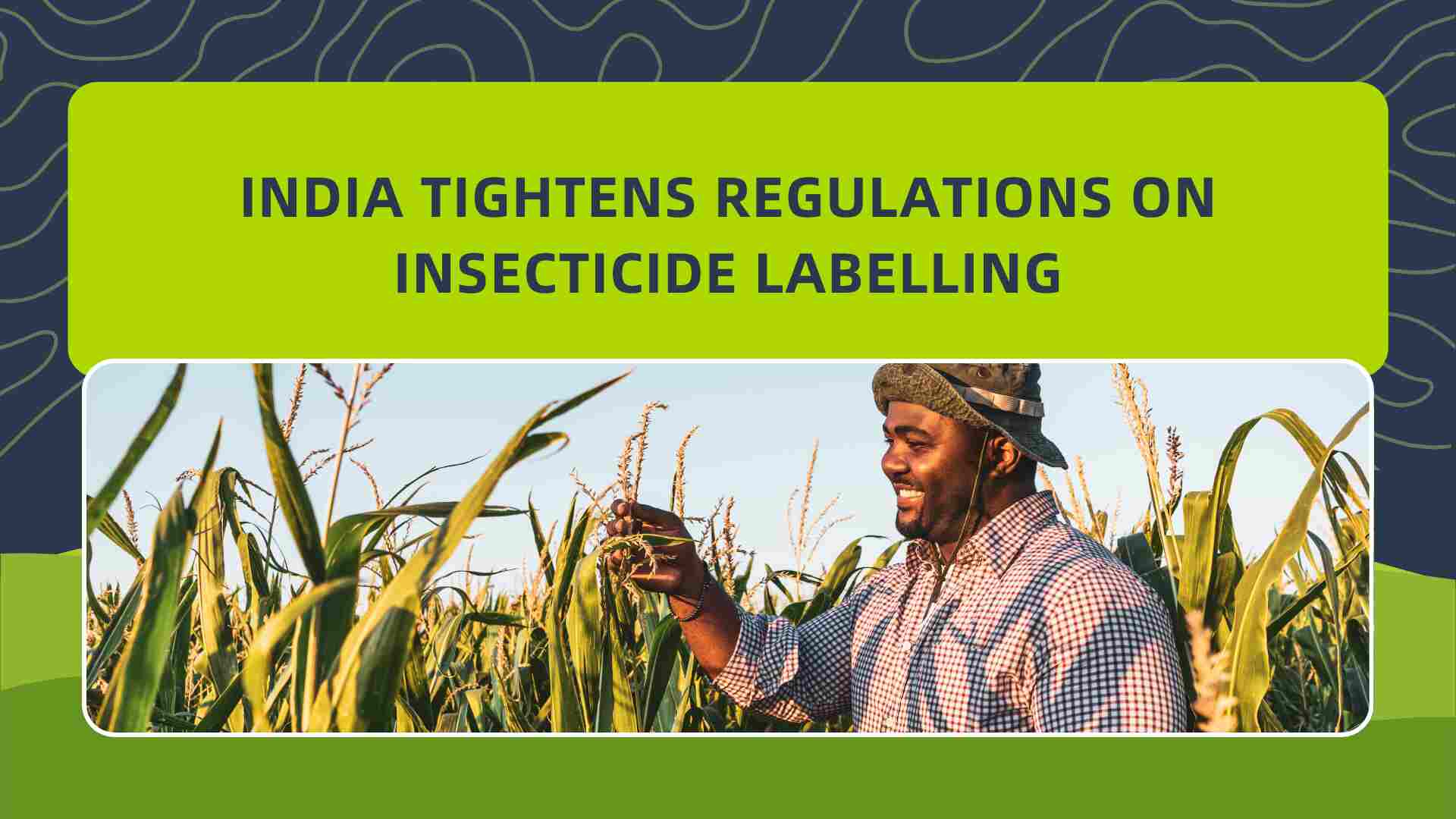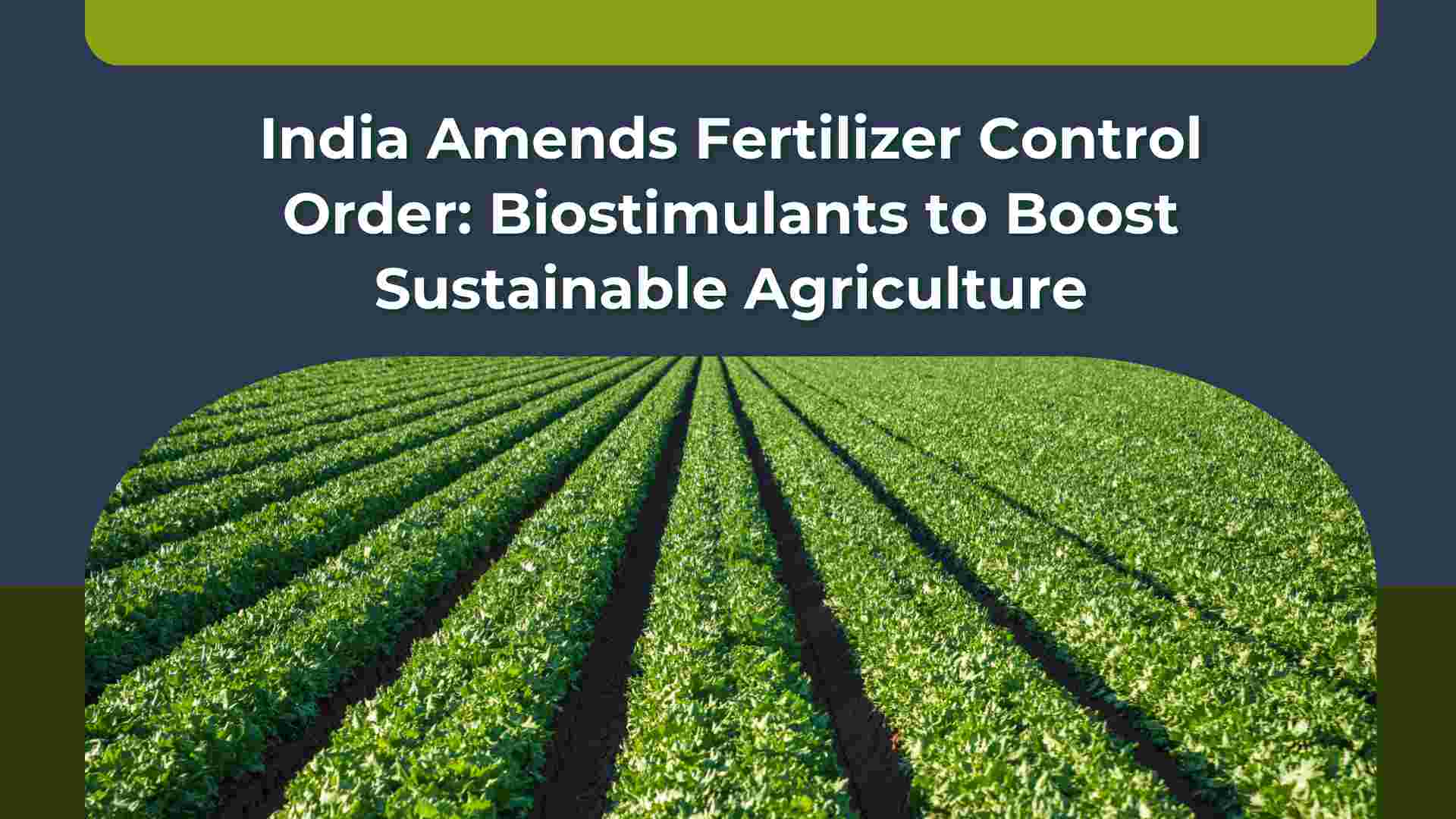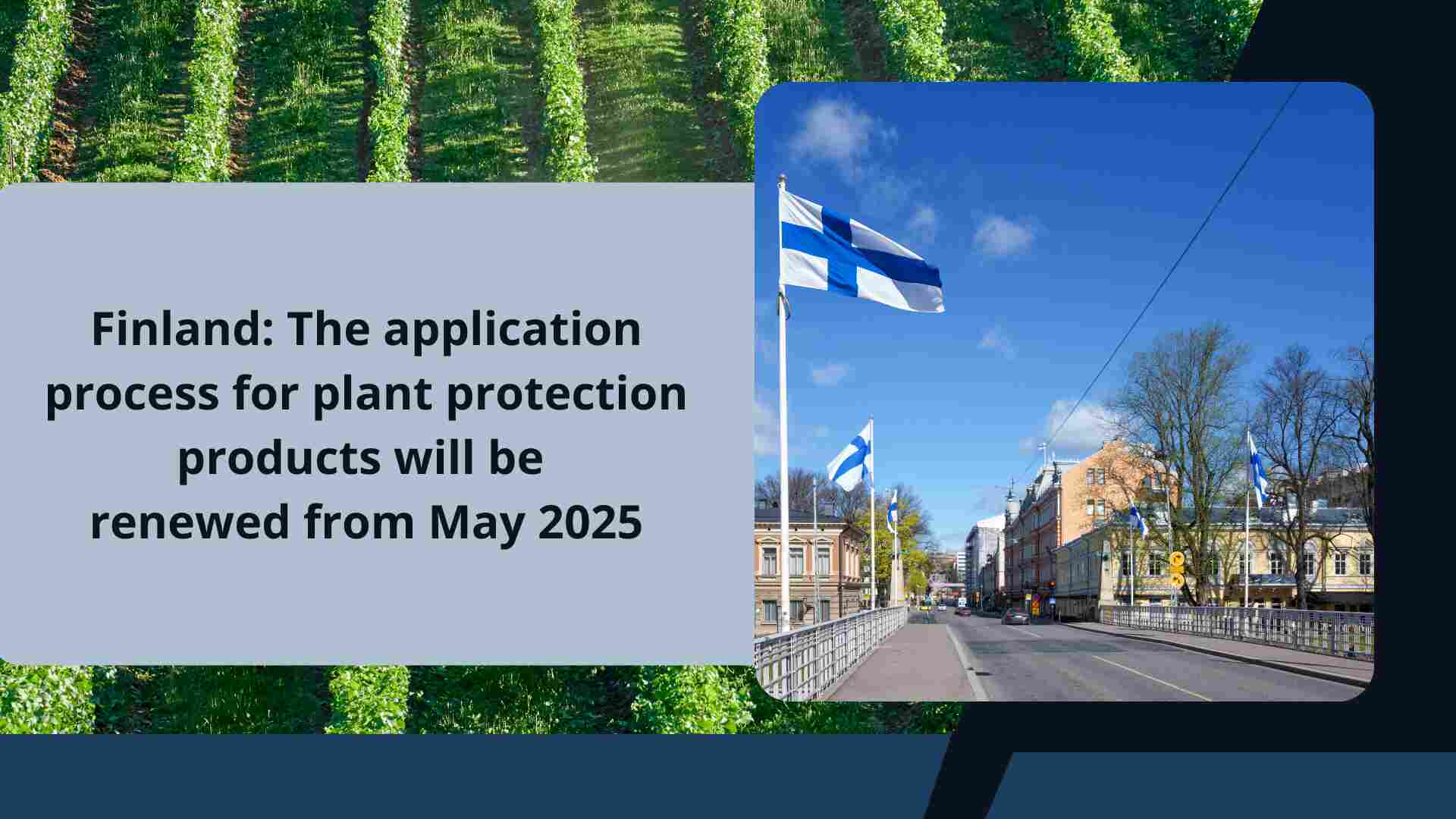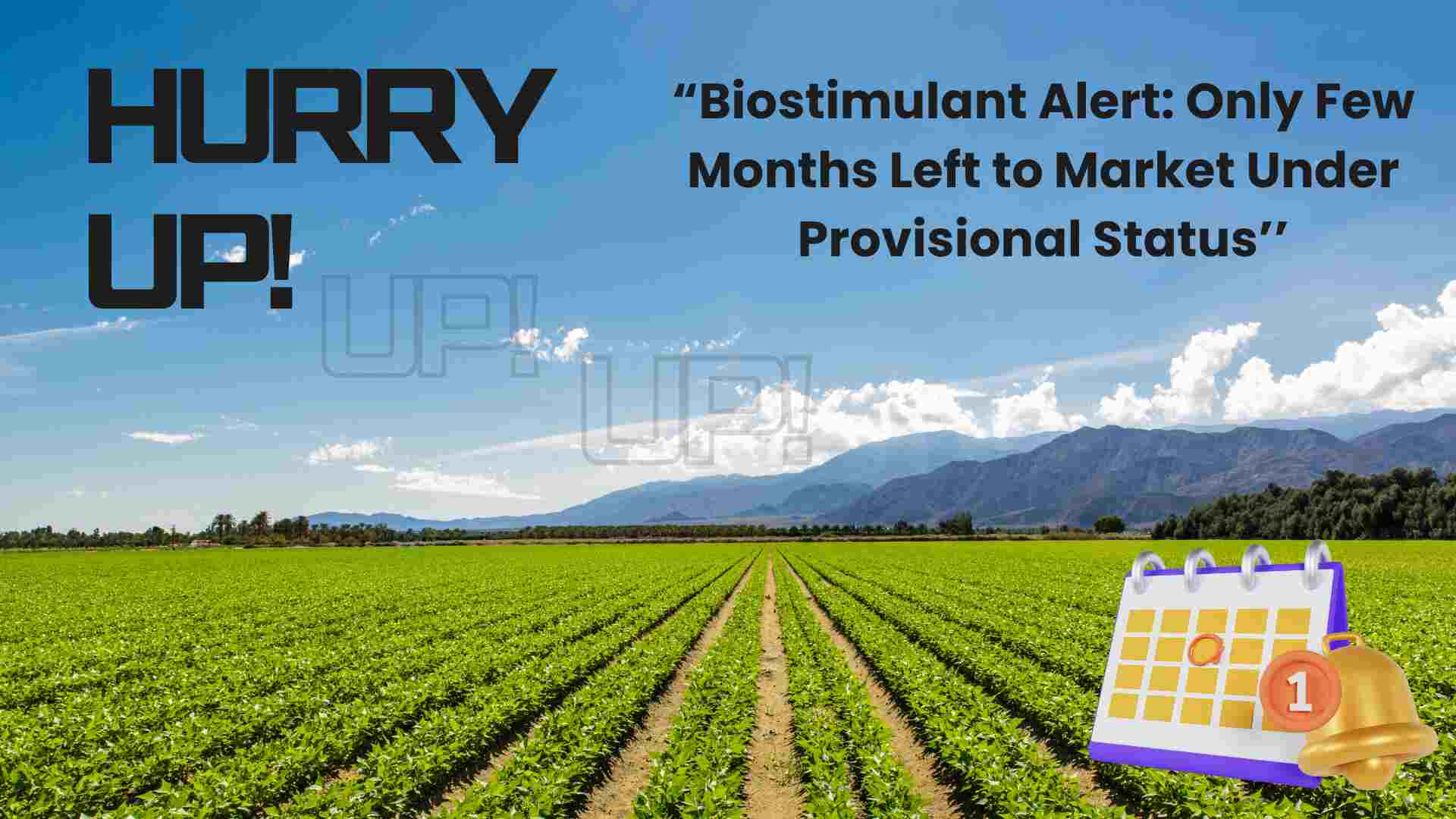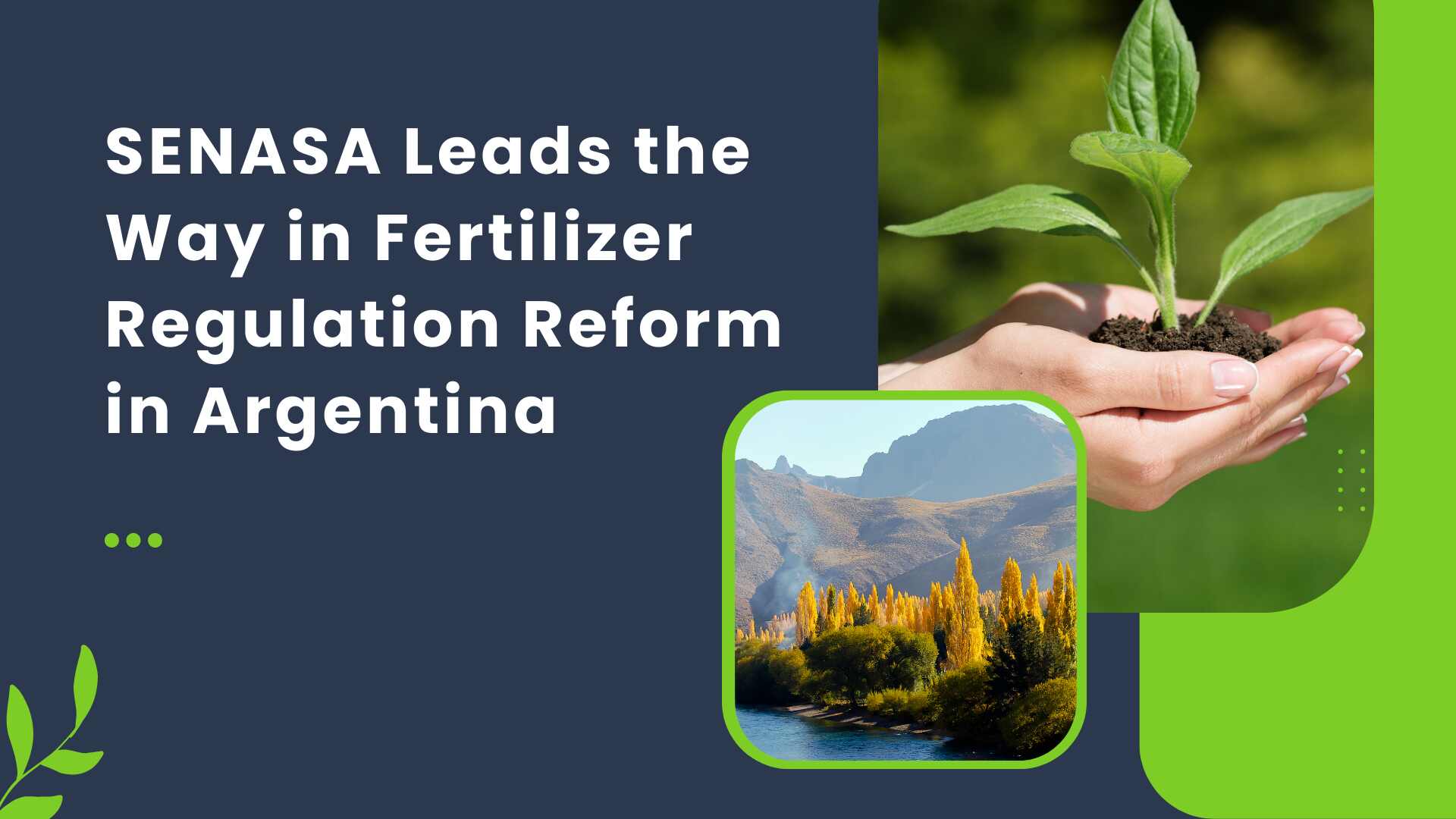The Administration of Technical Services for Agriculture (ASTA) has emphasized the vital role that plants play in sustaining life on Earth and the essential need to preserve their health.
ASTA has issued a call to all travellers, urging them not to bring any form of plants or plant products from third countries into the European Union. This appeal is grounded in the awareness that the introduction and spread of pests and phytosanitary diseases via imported plant and plant product can have grave consequences for both the environment and economy.
Plants provide the fundamental elements required for human existence, from clean air to nourishing food. However, the infiltration of harmful organisms through plants brought in from abroad poses a substantial threat to this equilibrium. Seeds, roots, fruits, vegetables, and other plant materials can serve as carriers of destructive pests that, once introduced, may cause havoc on local ecosystems and agricultural sectors.
Illustration cases
- ASTA highlights instances where such introductions have led to severe repercussions. One illustrative case is Luxembourg, where the arrival of exotic fruits brought by travellers could potentially introduce the oriental fruit fly (Bactrocera dorsalis), a pest capable of inflicting damage to fruit crops such as prunes and cherries. Similar invasions have already caused damage in orchards across Italy.
- In the southern regions of Europe, particularly in Puglia, Italy, the impact of plant introductions has been especially devastating. The bacterium Xylella fastidiosa, transmitted through infested plants, has led to the widespread decline of millions of olive trees. This situation underscores the urgency of attention when it comes to preserving plant health.
Plant import controls
- The European Union has put in place stringent measures to prevent the unintentional introduction of harmful organisms.
- Customs officials are empowered to seize plants carried in personal luggage at entry points to the EU if they lack a valid phytosanitary certificate from the appropriate authority in the country of origin. This certificate attests to the absence of harmful organisms, acting as a critical safeguard against potential invasions.
Moreover, plants and plant products originating from third countries and destined for the single European market undergo accurate inspections by national plant protection services. These checks are designed to ensure the absence of harmful organisms before these products reach consumers.
ASTA’s call to travellers serves as a reminder of the delicate balance that exists between the well-being of plants and the overall health of our environment. By refraining from bringing plants and plant products from third countries, travellers can contribute to the preservation of plant health, safeguarding ecosystems, agriculture, and the prosperity of future generations.

